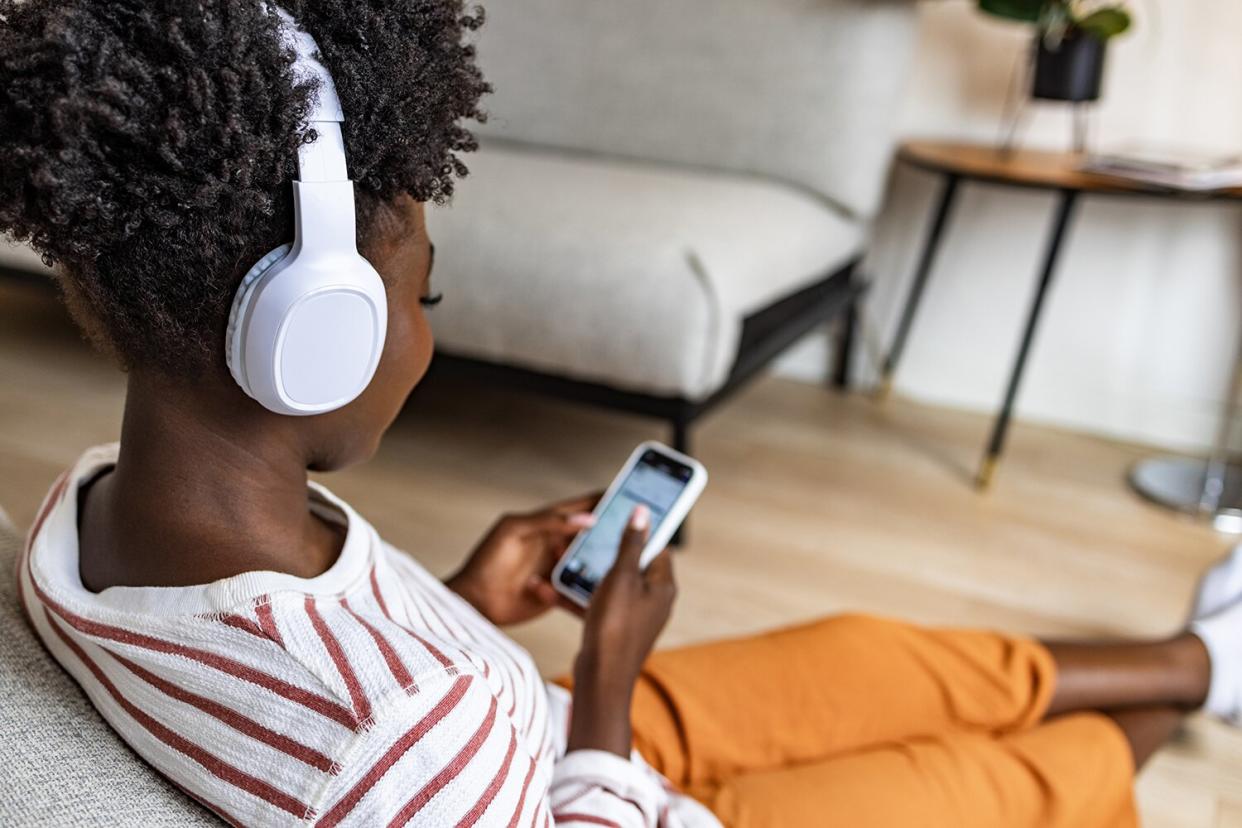1 Billion Young People at Risk of Hearing Loss Through Listening to Music Too Loudly

Getty
Around 1 billion young people may suffer from hearing loss in later life as a result of listing to music too loudly.
A new study published by BMJ Global Health on Tuesday shows that millions of adolescents and young adults are currently using headphones — known as 'personal listening devices' — for too long and too loudly.
"Exposure to unsafe listening practices from voluntary use of PLDs and attendance at loud entertainment venues is highly prevalent in adolescents and young adults," read the report.
"It is estimated that 0.67–1.35 billion adolescents and young adults worldwide could be at risk of hearing loss from exposure to unsafe listening practices.
"There is an urgent need for governments, industry and civil society to prioritize global hearing loss prevention by promoting safe listening practices."
Speaking to CNN, lead study author and World Health Organization consultant Lauren Dillard explained that hearing problems are caused when sensory cells and structures in the ear "fatigue" after too much sound exposure.
The postdoctoral fellow at Medical University of South Carolina added that this can result in permanent damage to the ears, which can lead to complete hearing loss, or tinnitus, a ringing or buzzing in the ears.
RELATED: Instagram Influencer, 19, Opens Up About Her Struggles with Hearing Loss: 'I Felt Isolated'
Thankfully, the solution is extremely simple.
"If your device says you are listening at unsafe levels, turn down the volume and listen to music for shorter periods of time," Dillard told CNN, suggesting people take care of their hearing health by also moving further away from speakers at a concert or club too.
"Music is a gift to be enjoyed for a lifetime," De Wet Swanepoel, professor of audiology at the University of Pretoria in South Africa, added to CNN. "The message is to enjoy your music but safely."
Safe noise levels are determined to be around 85 decibels over 40 hours per week, according to the US Centers for Disease Control and Prevention.
RELATED: Huey Lewis Cancels All Shows After Revealing Serious Hearing Loss Makes It 'Impossible' to Sing
Never miss a story — sign up for PEOPLE's free daily newsletter to stay up-to-date on the best of what PEOPLE has to offer, from juicy celebrity news to compelling human interest stories.
It's also not simply about listening to music. Taking care of our hearing is key to how we connect with loved ones, so hearing loss is also detrimental to our overall health, well-being and relationships.
"Primary prevention in early adults is critical to avoid earlier onset and accelerated age-related hearing loss," Swanepoel added.

